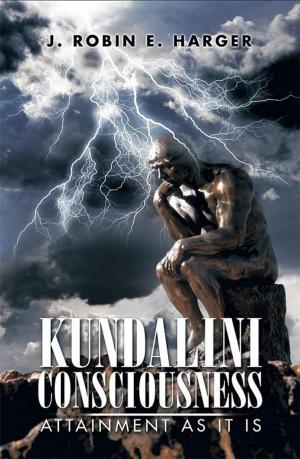| Author: | Anagba Jibunor | ISBN: | 9781503544086 |
| Publisher: | Xlibris US | Publication: | March 13, 2015 |
| Imprint: | Xlibris US | Language: | English |
| Author: | Anagba Jibunor |
| ISBN: | 9781503544086 |
| Publisher: | Xlibris US |
| Publication: | March 13, 2015 |
| Imprint: | Xlibris US |
| Language: | English |
Total Recall 1 is not a one-story, coherent book though. This is to say that it does not zero in on one story from beginning to the end. Rather, it is a collection of different stories put together into a small book. From . . . the story of a kingdom, a small town, that divides against itself when the British brings their system of government in which political parties are formed to contest against each other. Members of the different political parties begin to fight. Members of one party would attack members of another party, both physically and diabolically. Then the military intervenes by staging a coup. The nation plunges into war. The same actors in the political party wars begin to use the military to try to destroy their erstwhile political enemies by inventing false accusations against one another. To . . . the story of a woman who marries into a land thats far away from her own. In the new environment she is just like an orphan. No mother, no father, no near next of kin. Circumstances of life play it well to take advantage of her helplessness by accusing her of murder by witchcraft To . . . stories of African mysticism. The stories are as diverse as they are many. Total Recall 1 is a new kid in the block. The stories are so unique there is a good chance you have not read any story like some of them before. It is written to introduce the world to Africa, the real, everyday Africa. Not the Africa of fiction or the Africa of twisted tales that early European explorers fed their kinsfolk at home. Strangely enough, these tales have stuck and refused to die. It is my hope that through the knowledge gained from this book, the world will begin to understand why Africans do their things the way the world has become accustomed to. The stories in this book will introduce the world to the factors that shape the everyday thinking process of the average African. This, I hope, will introduce a little respect in the arena of international politics.
Total Recall 1 is not a one-story, coherent book though. This is to say that it does not zero in on one story from beginning to the end. Rather, it is a collection of different stories put together into a small book. From . . . the story of a kingdom, a small town, that divides against itself when the British brings their system of government in which political parties are formed to contest against each other. Members of the different political parties begin to fight. Members of one party would attack members of another party, both physically and diabolically. Then the military intervenes by staging a coup. The nation plunges into war. The same actors in the political party wars begin to use the military to try to destroy their erstwhile political enemies by inventing false accusations against one another. To . . . the story of a woman who marries into a land thats far away from her own. In the new environment she is just like an orphan. No mother, no father, no near next of kin. Circumstances of life play it well to take advantage of her helplessness by accusing her of murder by witchcraft To . . . stories of African mysticism. The stories are as diverse as they are many. Total Recall 1 is a new kid in the block. The stories are so unique there is a good chance you have not read any story like some of them before. It is written to introduce the world to Africa, the real, everyday Africa. Not the Africa of fiction or the Africa of twisted tales that early European explorers fed their kinsfolk at home. Strangely enough, these tales have stuck and refused to die. It is my hope that through the knowledge gained from this book, the world will begin to understand why Africans do their things the way the world has become accustomed to. The stories in this book will introduce the world to the factors that shape the everyday thinking process of the average African. This, I hope, will introduce a little respect in the arena of international politics.















